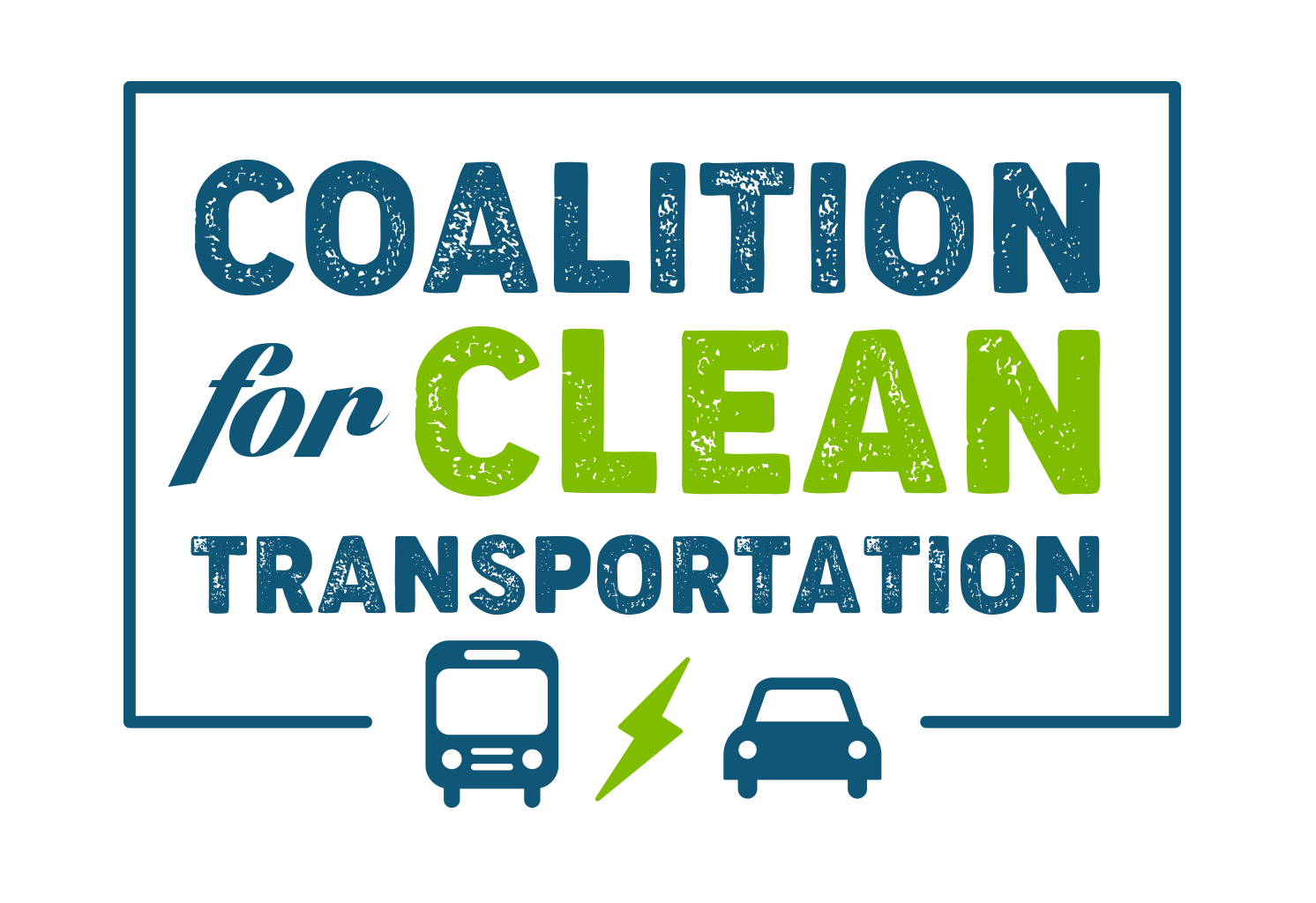December 10, 2018
Metro Transit transition plan will benefit communities, climate, and environment
TO: Minnesota media outlets
FOR RELEASE: Monday, Dec. 10, 2018
CONTACT: Noa Shavit-Lonstein, noa@mn350.org & 651-233-4210
Joshua Houdek, joshua.houdek@sierraclub.org & 612-207-2295
Janiece Watts, watts@fresh-energy.org
WEBSITE: http://www.cctmn.org
 After months of requests and pressure from environmental and equity groups, Metro Transit announced a plan Monday to transition the entire Twin Cities bus fleet to electric buses, as a way of combating pollution and cutting carbon emissions. The plan will begin with the purchase of fifty electric buses over the next three years, with a goal to purchase no more diesel vehicles starting in 2022.
After months of requests and pressure from environmental and equity groups, Metro Transit announced a plan Monday to transition the entire Twin Cities bus fleet to electric buses, as a way of combating pollution and cutting carbon emissions. The plan will begin with the purchase of fifty electric buses over the next three years, with a goal to purchase no more diesel vehicles starting in 2022.Environmental and equity groups hailed the decision as a victory in their efforts to prevent damage to our climate. The Coalition for Clean Transportation (CCT), a team of Minnesota environmental and social justice groups, strongly supports the target as an important step to reduce pollution and climate change.
Members of the coalition, along with the Twin Cities Transit Riders Union, have canvassed transit riders for the past several months to learn what they want from their transit system. Improving health by reducing pollution is a critical concern. “I have COPD, which is a chronic lung condition,” said regular bus rider Maureen Benson, who MN350 spoke to during a canvass. “I breathe in all the pollution from the bus every day.” Another rider, Paris Mullins, echoed this concern: “My daughter has asthma and when she's around pollution her lungs get closed in… she always wears a scarf to cover her mouth."
The Minnesota Pollution Control Agency has reported air pollution creates 2000 premature deaths a year. The costs of air pollution in the Twin Cities fall disproportionately on low income communities and communities of color. Rates of asthma-related ER visits due to air pollution are five times higher in economically disadvantaged neighborhoods and four times higher in neighborhoods in which the majority of residents are people of color.
The purchase of such a large number of electric buses is also an important step to fighting climate change and help local cities to meet their greenhouse gas emission goals. Transportation has been a growing contributor to carbon emissions for years. New zero-emission vehicles will allow for travel powered by locally made renewable energy, a priority for coalition members. “Renewable energy and transit are critical pieces to transitioning Minnesota to a livable environment free from fossil fuel emissions, where everyone can travel without the burden of pollution safely and economically,” said Janiece Watts of Fresh Energy. “Policies make this transition possible, but only with vision, leadership and inclusion of all impacted by this policy and the plans to follow.”
Local jobs advocates were also on hand to applaud Metro Transit’s bold plan. Leaders from the Communications Workers of America were on hand to celebrate the decision, which could benefit union employer New Flyer and their production plants in St. Cloud and Crookston. “This will help bring good manufacturing jobs into Northern Minnesota,” said CWA Local 7304 Vice President Renee Brand.
Metro Transit and Xcel Energy have already started work on moving Metro Transit to 100% renewable energy for all of its operations by 2040. Powering buses through renewable energy means that they emit no greenhouse gases during their service lifetime. The first use of electric buses will be along the new C Line service, which will provide service between downtown Minneapolis and and Brooklyn Center in 2019.
# # #